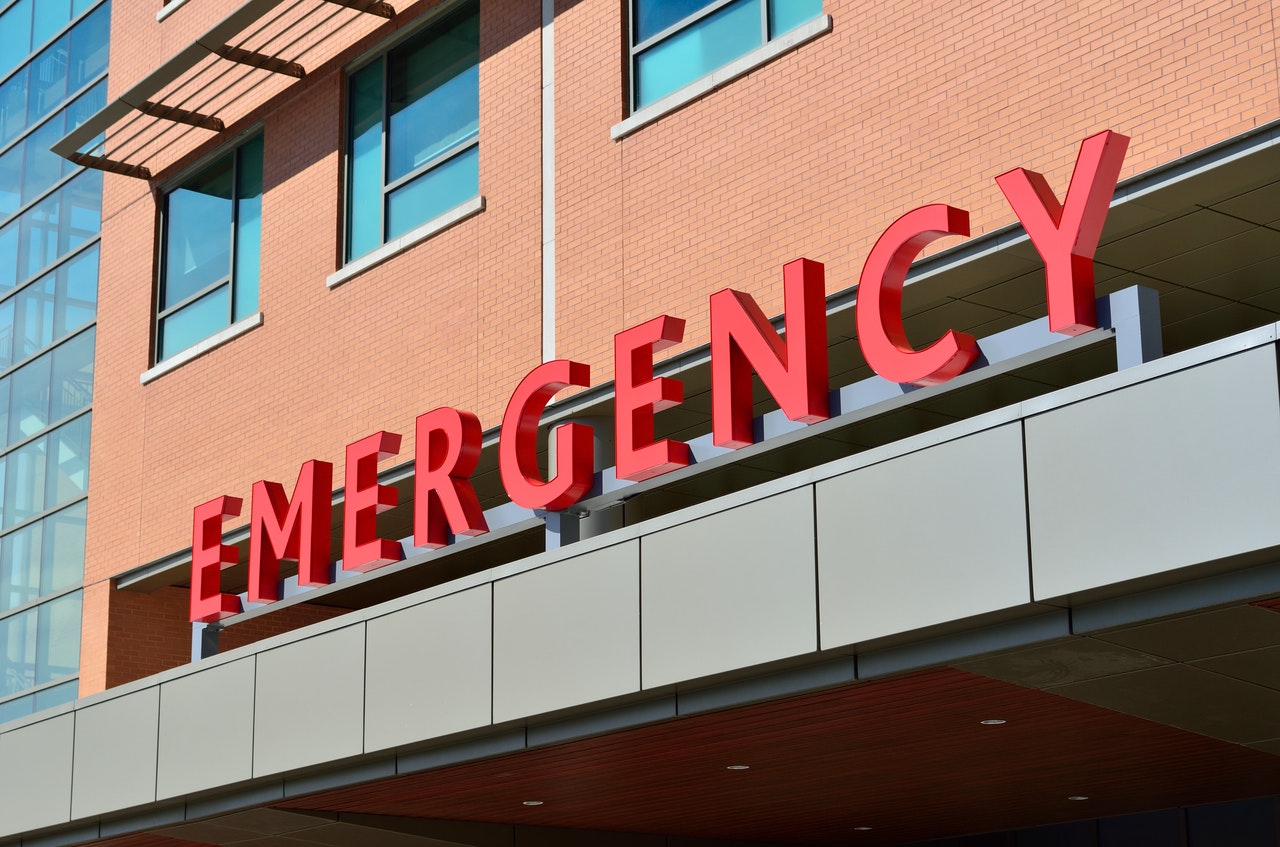At some point or another, some of us have to visit the emergency room. People get hurt or sick every day, whether it’s at home, at work, on the road, or out and about during our everyday lives—accidents happen. Before your visit, there are certain things that can be helpful to know.
How to Know If You Should Go
If you need care quickly, the emergency room is the place to go. For example, if you are experiencing:
- Fainting
- Chest pain
- Wheezing, shortness of breath, or difficulty breathing
- A sudden inability to walk, speak, see, or move
- Dizziness or fatigue for an extended period of time
- Excessive bleeding or bleeding that cannot be stopped
- Fume inhalation or poison consumption
- Broken bones
- Severe burns
- Coughing up or vomiting blood
- Abdominal pain, especially intense localized pain
- Severe pain anywhere in the body
Please note: This is only a general guideline and not a complete, specific listing. It’s also important to consider the number of symptoms. Experiencing several symptoms at once may indicate a significant health issue. If you are in doubt, seek medical attention or head to the ER for an evaluation.
When to Consider Urgent Care or Your Primary Doctor
For non-life-threatening situations, it may be best to seek treatment from your primary care provider or an urgent care center. Some of these conditions include earaches and infections, minor cuts, sprains, and burns; fever and mild flu symptoms; and cough, cold, and sore throat.
Visit the ER After a Car Accident
It’s important to seek medical attention as soon as you can if you have been in a car accident. Even if you feel “just fine,” it’s better to get checked out anyway. Adrenaline can cause a person not to feel pain when they are injured. In addition, be sure to file a police report to aid your insurance claim.
If your injury was caused in the workplace, inform your boss immediately before seeking medical attention so you can file an injury report. Delaying making a report can harm your claim.
What to Bring
It’s always better to be prepared for things—especially going to the emergency room. Before you leave for the hospital, if possible, you should have an updated list of allergies, current medications, and your medical history with you. Your medical history includes major surgeries you’ve had, severe illnesses or injuries, any recent lab work, and information from previous doctor appointments. You can even store this information in your cell phone for easy access.
What to Expect
When you go to the emergency room, you will more than likely have to wait. If there are emergencies more pressing than the one you are experiencing, the staff will tend to that person first. In addition to the initial wait after providing your information at the desk, once you have spoken to a doctor, tests will likely need to be done, and they can be time-consuming.
You may want to bring your phone charger as well as something to occupy yourself, such as a book, handheld gaming device, or a puzzle.
What You Should Know
When talking to a nurse or doctor, be as specific as possible about what happened, and how you’re feeling. The more information and detail you provide can better help the staff to figure out what’s wrong and how to treat you.
If you were injured in a car accident or in the workplace, give a statement that gets straight to the point and leave it at that, so you don’t cause harm to your claim if you need to seek compensation. It is also important that you get medical attention in a timely manner, not just for your health, but also to protect your claim.
Don’t be afraid to ask questions either. Being informed about your condition and treatment will not only keep you “in the loop” so to speak, but it can also alert you to medical negligence or malpractice, in which case you may be entitled to compensation. If you suspect medical malpractice, contact an attorney immediately for a free consultation to discuss your legal options.
Post-Visit
Once you’ve left, make sure you follow the instructions you’ve been given to aid your recovery. For example, if you went to the ER because of a car accident, you may be prescribed pain medication and told not to engage in work or strenuous activity for a period of time. It’s vital that you take your meds as prescribed and follow any restrictions or instructions given by your doctor.
If the reason for your hospital visit occurred in the workplace, during a car accident, or if your condition was worsened due to medical malpractice, we urge you to take legal action so you can get the compensation you deserve.







